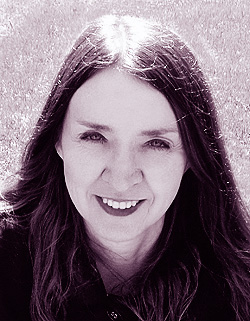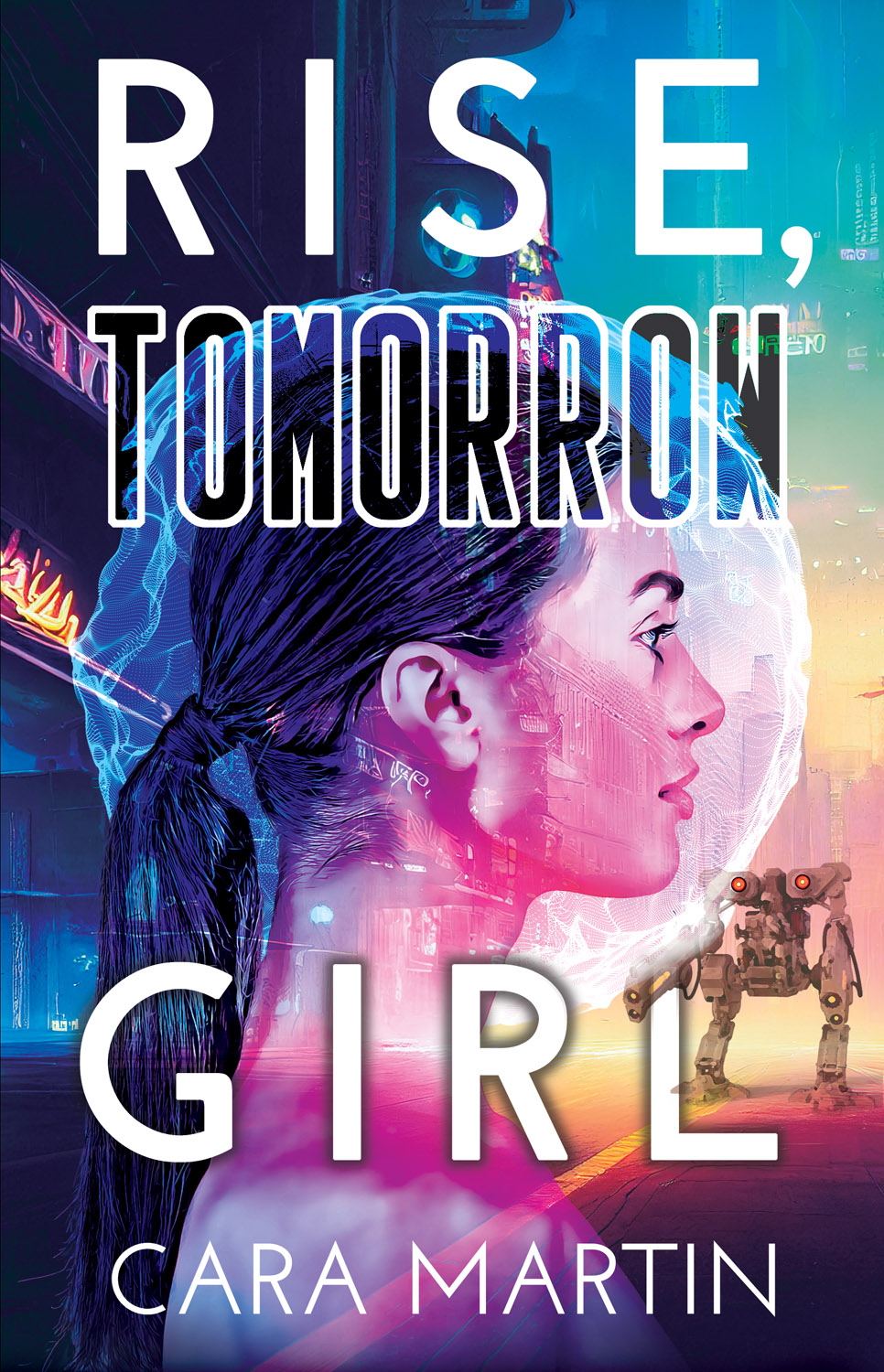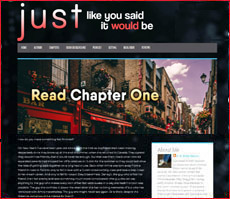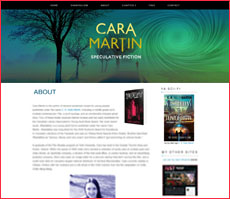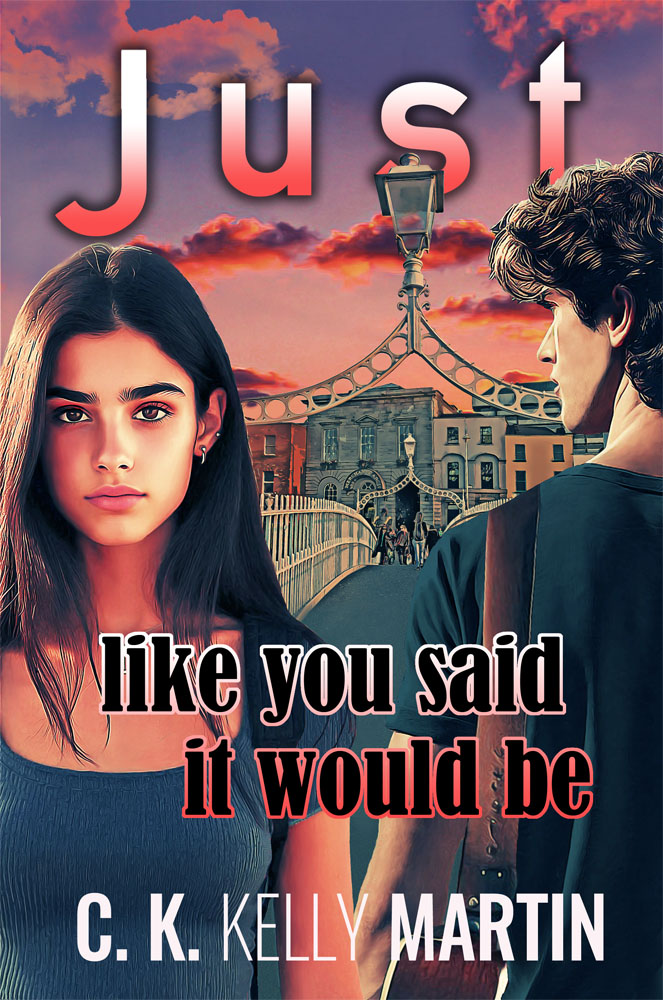It's a wonder, when you think about it, that you can win anyone over. Picture edging over to someone in the street and saying, "Pssst, I want to tell you a story about some folks I've been thinking about." And then imagine that person in the street (a stranger to you) walking in-step with you for several hours, listening as you weave the tale you have to share, for better or for worse.
How audacious is that premise? The idea that you can make stuff up and someone will indulge you by listening to it? And basically that's what being a writer is—saying, "Humour me for a few hours because there are some people and this situation they're knotted up in that I'm dying to tell you about."
Now, the stuff each writer is dying to tell you is going to vary, but there'll be some similarities too. For instance, I wrote a book about a guy with a pregnant girlfriend and so did Nick Hornby. The characters, plot details and tone make them completely different novels. Someone might love Slam but not think much of I Know It's Over or vice-versa.
God knows how many love stories are out there in novel form but they're like snowflakes, no two are identical. Every writer who pens a love story is going to do it in his or her own way. Every writer who crafts a ghost story is going to do it in his or her own way. Every writer who creates a harrowing end of the world story is going to do it in his or her own way. Etc., etc., you get the idea. Even if aspects of a writer's book remind you of another writer's novel, there will be things about the book which are uniquely its own.
Lately, reading other people's reactions to my work has made me think about the unique way elements of my own books fit together and the kind of books I want to write (and the kind I don't). Other people's expectations for my books will, of course, often be different from what I want for them but here's what I want, what I've been doing and what I will continue to do:
1) The character is king in my books. You or I may not like some of the things he or she do or say during the course of a novel but, to the best of my ability, they are the things a given character would say and do, according to his or her nature. This doesn't mean he or she will constantly play out one note, though. People are more complex than that. Someone who is usually an extrovert and thrives on being the centre of attention might, on a given day, be contemplative and quiet and just want to be left alone. Someone who doesn't normally drink might, prompted by an abysmally bad week, knock back a six pack. But the characters are who they are and I won't force them to act in a certain way just to achieve a plot result if that's not what he or she would do. The characters are the heart of my stories and the most important thing to me as a writer is that I don't cheat them out of an honest story.
2) Life is long and there are seldom neat resolutions to complicated situations. I strive to reflect this reality so my books will often have fairly open endings. I definitely don't want to write books that meticulously resolve every issue a character has—and there's a good possibility that even their biggest issue(s) may not be entirely wrapped up—but they will be in a different place, a different frame of mind, than they were when the book opened. Change, whether inner or outer (sometimes both), will have occurred.
3) I love to write books that are emotional in nature. A lot of the time people are carrying around some pretty heavy emotional baggage with them as they go about their daily lives. You or I may not notice it as we pass them on the sidewalk, or even necessarily be aware of it if we know them well. But this is the stuff I like to write about, a person's emotional landscape when they have a secret they don't believe anyone will really understand or when they realize they've done something they can't take back (but wish they could) or find themselves falling in love with the last person they'd ever expected to. Consequently, there aren't a lot of Jack Bauer trying to save L.A. from a terrorist attack type moments (although I do like watching 24 and Jack Bauer rules!).
4) When you're writing contemporary realistic YA fiction the likelihood that you'll encounter some folks who are unhappy to read about what they consider 'bad behaviour' going unpunished is high. But I'm not interested in writing morality tales. In real life something terrible doesn't happen each and every time someone under the age of eighteen has sex or smokes a joint. A bad decision can have an enormous effect or very little. Conversely, awful things can and do happen when people do all the right things. That's what life is like, strikingly random. I don't want to write guidebooks on how young people should live their lives. What I hope I'm doing, what I'm striving for, is to write books that reflect the reality of teen lives.
If you and I are on the same wavelength regarding numbers 1 to 4 there's a chance you might enjoy my books. If you don't, the odds are that you probably won't like my novels, possibly in a big way. But if you want to walk in-step with me for a bit, while I tell you about some folks I've been thinking about and the situation they're knotted up in, I tip my hat to you and thank you for indulging me.




